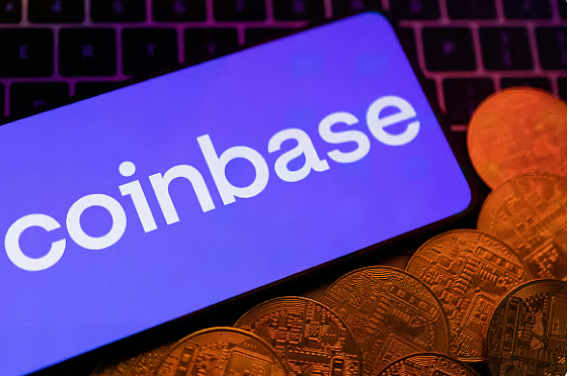A major cybersecurity breach at Coinbase, the largest cryptocurrency exchange in the United States, has sparked renewed concerns among UAE crypto investors, highlighting vulnerabilities in centralised exchanges and the growing threat of insider manipulation.
The breach, disclosed on May 15, involved hackers gaining access to Coinbase’s internal systems by bribing outsourced customer service agents. This insider access allowed attackers to exploit administrative tools and obtain personal data belonging to nearly one million users—around one percent of Coinbase’s global customer base. Compromised data included names, emails, phone numbers, partial banking details, and images of government-issued IDs.
While Coinbase confirmed that no passwords, private keys, or user funds were directly accessed, the attackers demanded a $20 million ransom in exchange for withholding the stolen information. Coinbase refused to pay and instead alerted U.S. law enforcement. The company has since terminated the implicated employees and is cooperating with ongoing investigations.
To mitigate the fallout, Coinbase has pledged to reimburse users tricked into transferring funds, with estimated remediation costs ranging between $180 million and $400 million.
Rayad Kamal Ayub, Managing Director of the Dubai-based Rayad Group, described the incident as a “wake-up call” for crypto users in the region. “With the UAE experiencing rapid crypto adoption—accounting for 7.5% of global transaction volume—this breach signals a real threat to regional investors if internal security isn’t tightened,” he said, citing Chainalysis data estimating $338.7 billion in on-chain value received by the MENA region over the past year.
Cybersecurity expert Dr. Zohaib Zaheer, who has consulted on projects involving Coinbase, warned that even major exchanges are not immune to insider threats, especially when involving third-party vendors. “This incident reminds investors to take personal precautions—use hardware wallets, enable two-factor authentication, and be vigilant against scams,” he said.
Investor sentiment in the UAE has taken a hit. Crypto influencer Ijaz Awan noted that the Coinbase breach, coming months after Bybit’s $1.5 billion hack, has rattled public confidence. “People are questioning the safety of their funds, regardless of the platform,” he said. “If crypto is to become a trusted asset class, exchanges must step up their security game.”
Industry leaders echoed the call for stronger regulatory frameworks and enhanced internal protocols. Obaidullah Kazmi, CTO of Credo Technology Services, emphasized the need to adopt Zero Trust security models and implement rigorous identity and access controls. Mohammad AlKaff AlHashmi, founder of Haqq Chain, added that safeguarding user identity must be prioritized. “In crypto, compliance with KYC must be matched with robust protections for sensitive data,” he said.
With the UAE emerging as a major crypto hub, experts agree that trust and security must evolve in tandem with innovation to ensure the industry’s long-term viability.


